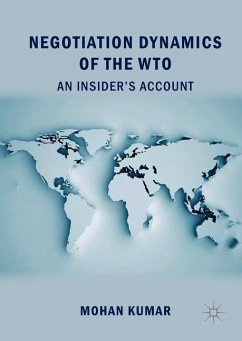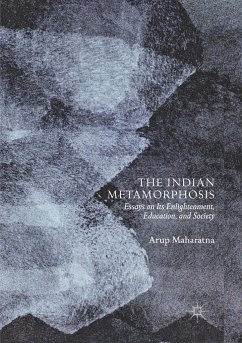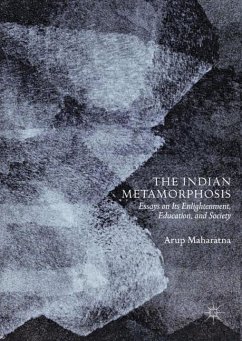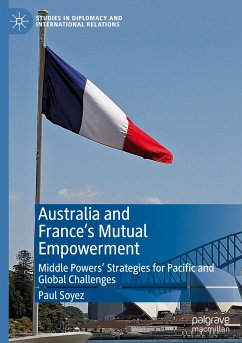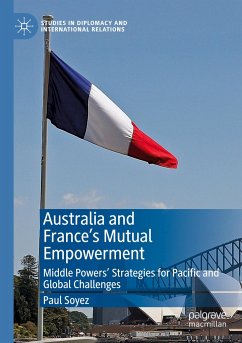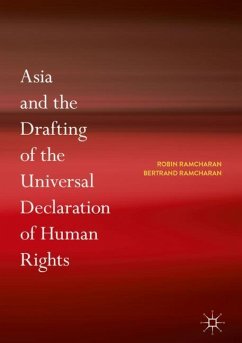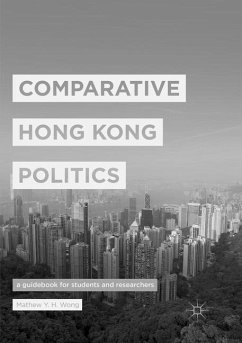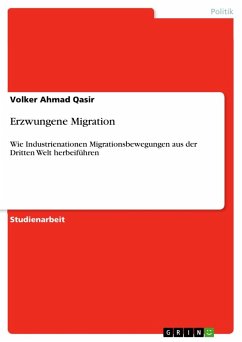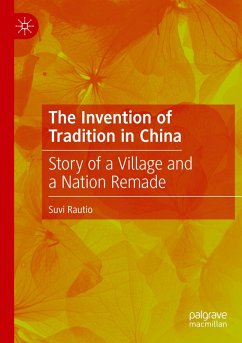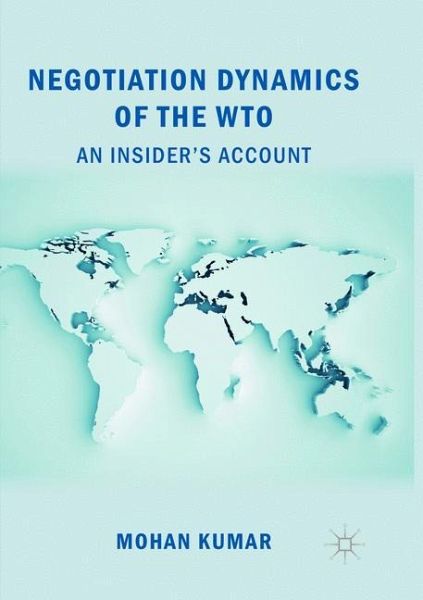
Negotiation Dynamics of the WTO
An Insider's Account
Versandkostenfrei!
Versandfertig in 6-10 Tagen
87,99 €
inkl. MwSt.
Weitere Ausgaben:

PAYBACK Punkte
44 °P sammeln!
The book aims at informing and educating the public at large about the intricacies of the Negotiation Dynamics at the WTO. It traces the period from the launch of the Uruguay Round in 1986 to its conclusion at Marrakesh in 1994 and the subsequent entry into force of the WTO on 1 January 1995.The book shows how WTO Ministerial Conference in Seattle was doomed to fail and its failure led to "trust deficit" between the developed countries on the one hand and certain key developing and least-developed countries on the other. Thus tracing the WTO saga that began in the wake of the failure at Seattl...
The book aims at informing and educating the public at large about the intricacies of the Negotiation Dynamics at the WTO. It traces the period from the launch of the Uruguay Round in 1986 to its conclusion at Marrakesh in 1994 and the subsequent entry into force of the WTO on 1 January 1995.
The book shows how WTO Ministerial Conference in Seattle was doomed to fail and its failure led to "trust deficit" between the developed countries on the one hand and certain key developing and least-developed countries on the other. Thus tracing the WTO saga that began in the wake of the failure at Seattle and the difficult path that led to the launch of a new Round at Doha in November 2001.
The book throws light on India's domestic decision-making structure as well as some of the factors driving India's negotiating stance at the WTO. It also describes the current impasse at the WTO and offers some ideas to revive an institution that is so crucial for the smooth functioning of the multilateral trading system.
The book shows how WTO Ministerial Conference in Seattle was doomed to fail and its failure led to "trust deficit" between the developed countries on the one hand and certain key developing and least-developed countries on the other. Thus tracing the WTO saga that began in the wake of the failure at Seattle and the difficult path that led to the launch of a new Round at Doha in November 2001.
The book throws light on India's domestic decision-making structure as well as some of the factors driving India's negotiating stance at the WTO. It also describes the current impasse at the WTO and offers some ideas to revive an institution that is so crucial for the smooth functioning of the multilateral trading system.



